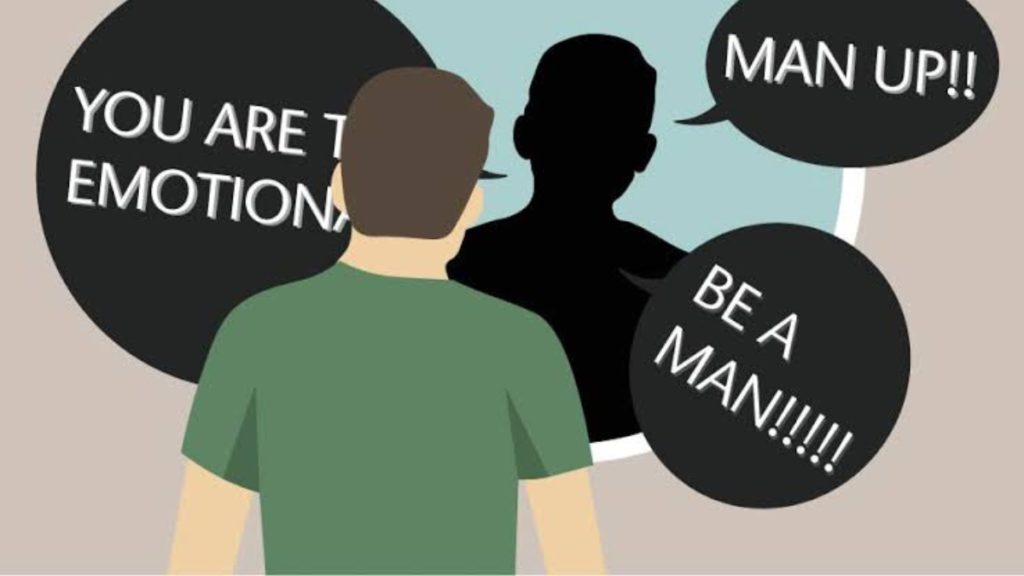In recent years, conversations around mental health have gained momentum, shedding light on the stigma attached to it. Breaking free from the chains of ignorance and judgment is crucial to fostering a society that prioritizes well-being. This article explores the importance of reducing stigma around mental health and provides practical ways to accomplish this goal.
Understanding Stigma:

Stigma surrounding mental health refers to the negative attitudes, beliefs, and stereotypes that people hold, often leading to discrimination and exclusion. This social stigma can prevent individuals from seeking help, leading to prolonged suffering and various harmful outcomes. The misconceptions surrounding mental health contribute to a climate of fear and shame, giving the idea that those affected are weak or flawed. To overcome this, we must break these damaging perceptions and create an environment of empathy, understanding, and support.
Mental Health Education and Awareness:
Promoting education and awareness is key to reducing stigma around mental health. By providing accurate information and debunking myths, we can empower individuals to challenge their harmful thoughts. Educational initiatives should be implemented at various levels, including schools, workplaces, and community organizations. This can involve incorporating mental health education into the curriculum, conducting workshops and seminars, and providing resources for self-education. By increasing knowledge and fostering empathy, we can shift the narrative and create an environment that encourages open discussions about mental health.
Promoting Positive Language:
The words we use shape our perception of mental health. It is crucial to promote positive language that refrains from stigmatizing individuals. Encouraging respectful and inclusive language not only reduces stigma but also creates a safe space for individuals to share their experiences. Employers, media outlets, and healthcare providers should lead by example and use terminology that reflects a compassionate and non-judgmental approach. Simple shifts in language can make a significant impact by reinforcing the understanding that mental health conditions are not character flaws but medical conditions deserving of support and care.
Celebrities and Role Models:
Celebrities and public figures have an influential role to play in reducing mental health stigma. When well-known individuals openly discuss their own experiences with mental health challenges, it connects people with the issue and encourages others to seek help. By using this platform to share personal stories and support mental health initiatives, celebrities can foster a sense of hope and resilience. This helps create a society where people feel less isolated and more empowered to seek treatment without fear of judgement.
Mental Health Collaboration and Support Networks:
Reducing stigma requires collaboration among various stakeholders, including mental health professionals, policymakers, and community organizations. By working together, we can establish comprehensive support networks that ensure accessible and affordable mental health services. These networks can also promote initiatives such as anti-stigma campaigns, peer support groups, and helplines. Creating spaces for individuals to share their stories and connect with others who have had similar experiences is essential in breaking stigma.
Reducing stigma around mental health is an ongoing process that requires collective effort. By promoting education, awareness and supporting each other we can overcome this.





































Krishn
July 14, 2023 at 6:41 pm
Mental health matters as much as physical health this is so true